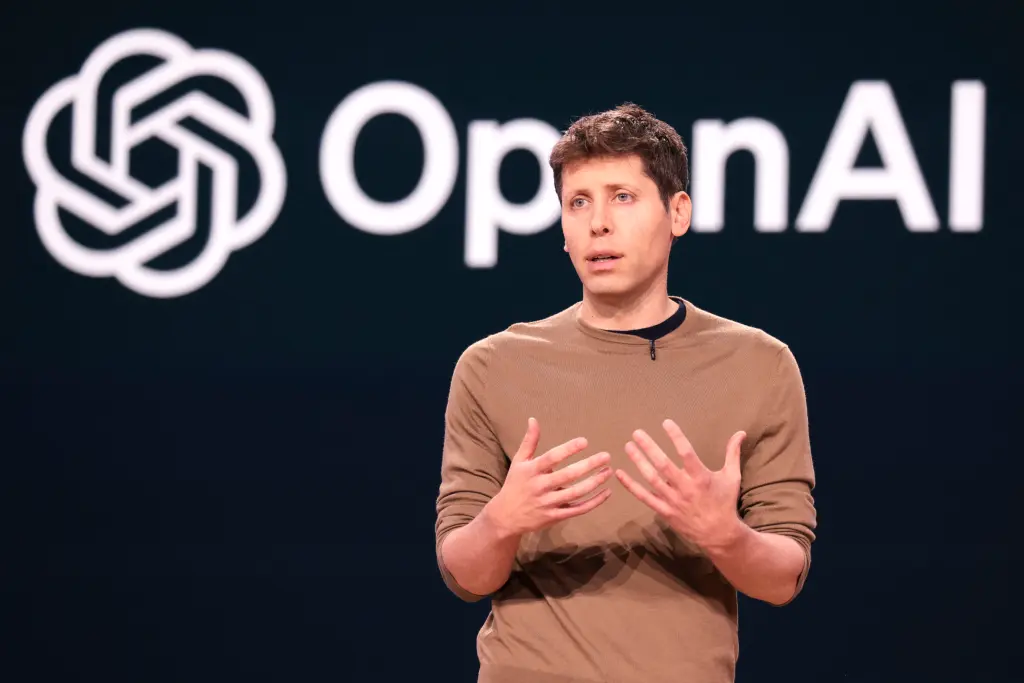
sam ALTman
Just days after Perplexity introduced its own AI-native web experience (Comet), OpenAI is reportedly prepping the launch of an AI-powered browser designed to compete head-on with Google Chrome. According to Reuters, the release could be just weeks away.
Now here’s where it gets interesting: unlike traditional browsers that send you out to websites for answers, OpenAI’s version is expected to keep you within the ChatGPT environment. In other words, your browser becomes less about clicking around and more about directly conversing with the web through AI.
This isn’t just a search engine rebrand. It’s a whole new way of thinking about how we interact with information. The reported browser may include Operator—OpenAI’s own web-browsing agent—at its core. That could mean instant research assistance, webpage summarization, live data queries, and smarter navigation built directly into the browsing experience.
It’s a strategic move that fits into a broader pattern we’re seeing across the AI landscape. Companies like Perplexity and The Browser Company are reimagining the browser from the ground up—not as a collection of tabs and links, but as an intelligent assistant that understands context, adapts to your needs, and cuts through the clutter.
OpenAI’s potential browser would also give the company a direct line to user behavior and engagement data—something it currently relies on platforms like Google to provide. Controlling that channel gives OpenAI more room to experiment with AI-native features and tailor the entire online experience, from information retrieval to productivity.
The implications? Browsing might soon feel less like “search and scroll” and more like having an expert guide by your side, filtering noise and getting to the point faster.
If OpenAI delivers on the promise, this could reshape how we all explore the internet—and finally give Chrome a reason to sweat.






